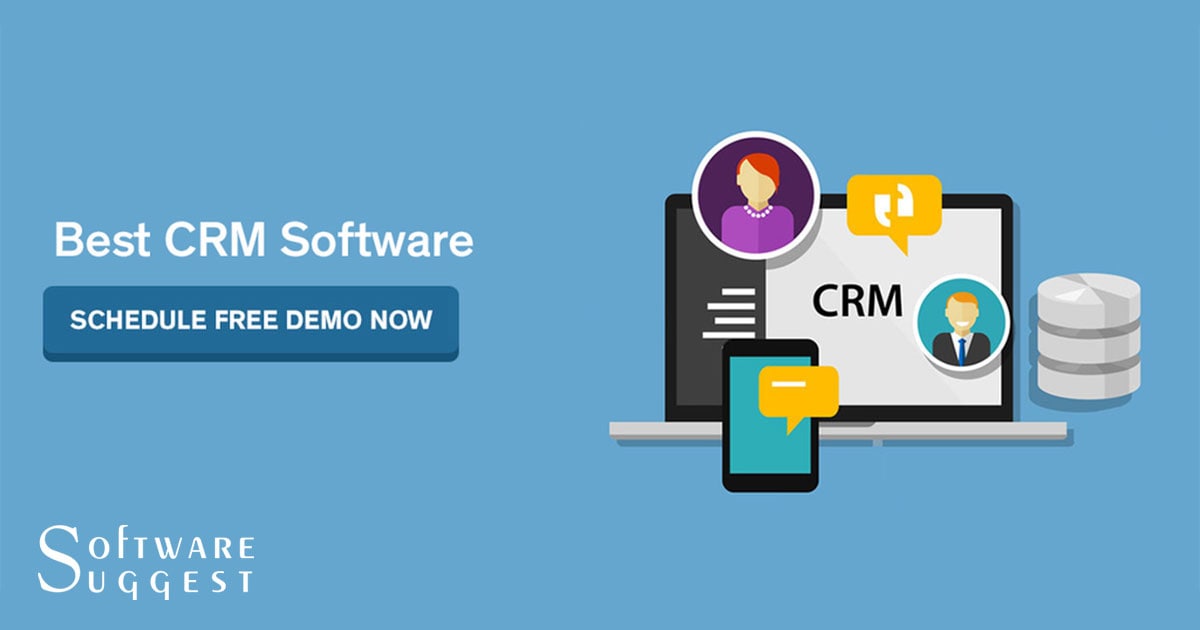Today, many marketing experts agree that integrating marketing and CRM is crucial for manufacturing organizations. According to the Content Marketing Institute, three-quarters of manufacturers leverage content marketing, but only 26% have observed that their efforts are effective. The reason behind this is finding the appropriate content and targeting the right audience. More than 50% said that converting website visitors into potential prospects was an instant problem related to marketing efforts. All these issues can be solved with customer relationship management software.
Many companies only understand the surface of what a CRM solution can do for marketing. Your CRM system is the most significant marketing tool in your business and has a lot of advantages to marketing.
Enhanced Co-ordination between the Marketing and Sales Departments
CRM system will ensure that sales and marketing teams are in lock-step around the objectives, scope, and scales of CRM deployment. It is significant that the marketing and sales departments work together in an organization. The solution will allow two teams to share information, data, and have a unified definition of qualified leads.
Marketing analysts will agree on the importance of a shared definition of marketing and sales. Both the teams should agree on a common definition of a potential lead and the person responsible for managing specific actions throughout the selling process. Companies need to answer the questions of what a qualified lead for sales and marketing is.
CRM Solution Enforces Data Quality
CRM software must have clean data. Data integrity is vital while integrating CRM solution and marketing. CRM system with quality data is significant as it will be syncing with the marketing automation system. Marketing automation will not turn successful if the data has outdated and duplicate information.
Sales Automation
A CRM solution is more than a simple, functional address book. One of the most significant functions of an effective CRM system is automation. For sales teams, it minimizes data entry, but automation can play a pivotal role in marketing efforts as well as in assigning leads.
CRM can help you put automation rules in place. You can have your solution automate lead assignment so only the qualified leads get assigned to the salespeople for follow-up and remaining leads stay with the marketing team so they can be placed on a lead nurturing track that will nurture them to sales-readiness.
Planning Effectively
Marketing and sales departments need to plan carefully to present leads with the appropriate marketing message at the perfect time in sales cycle and defining business processes. There must be a specific and transparent plan in place. Companies must plan and find out who will have the access to specific lead qualifications, ways how automation will be executed, content marketing strategy, tracking website visitors, and more.
Training Employees Properly for the Business
One of the most critical factors on CRM adoption is the workers understanding of the solution and how they streamline the use of the software. The common issue with the CRM industry is how often the staff underutilizes the abilities of these powerful solutions. Employee training must include business process and technical training. But more significant than technical training is process training.
The best place to begin is by providing training to sales and marketing departments on the way to set up the lead management process. It includes processes such as how to generate more leads, how to develop and educate leads who are not ready to purchase, and more. Marketing analysts must find out how to generate the content that you require to inform leads through each of their purchasing phases, ways to prioritize, score as well as disqualify leads. Once the leads get generated, there must be a process to pass the qualified leads to the sales department, and how these leads will be routed to distributors, and salespeople.
Providing Granular Insights
When a CRM solution is shared between sales and marketing teams, they enjoy access to all of the lead’s contact details. Moreover, CRM also populates the lead contact profile with added information which can be beneficial to both the departments like competitors, interaction with the brand and company background.
Eliminates Duplicate Effort
With the automation benefits of a CRM system, sales and marketing teams view the same picture of where their marketing and sales qualified leads, visitors, and prospects stand in buyer’s queue. It facilitates marketing to tailor content efforts while allowing salespeople to focus more on interested customers.
To Sum Up
CRM is all about customers, and the solution helps enhance communication between the sales and marketing departments. This way, both the departments can strategize together towards a common objective. As a result, it minimizes duplication of tasks and improved lead quality leading to enhanced productivity.
